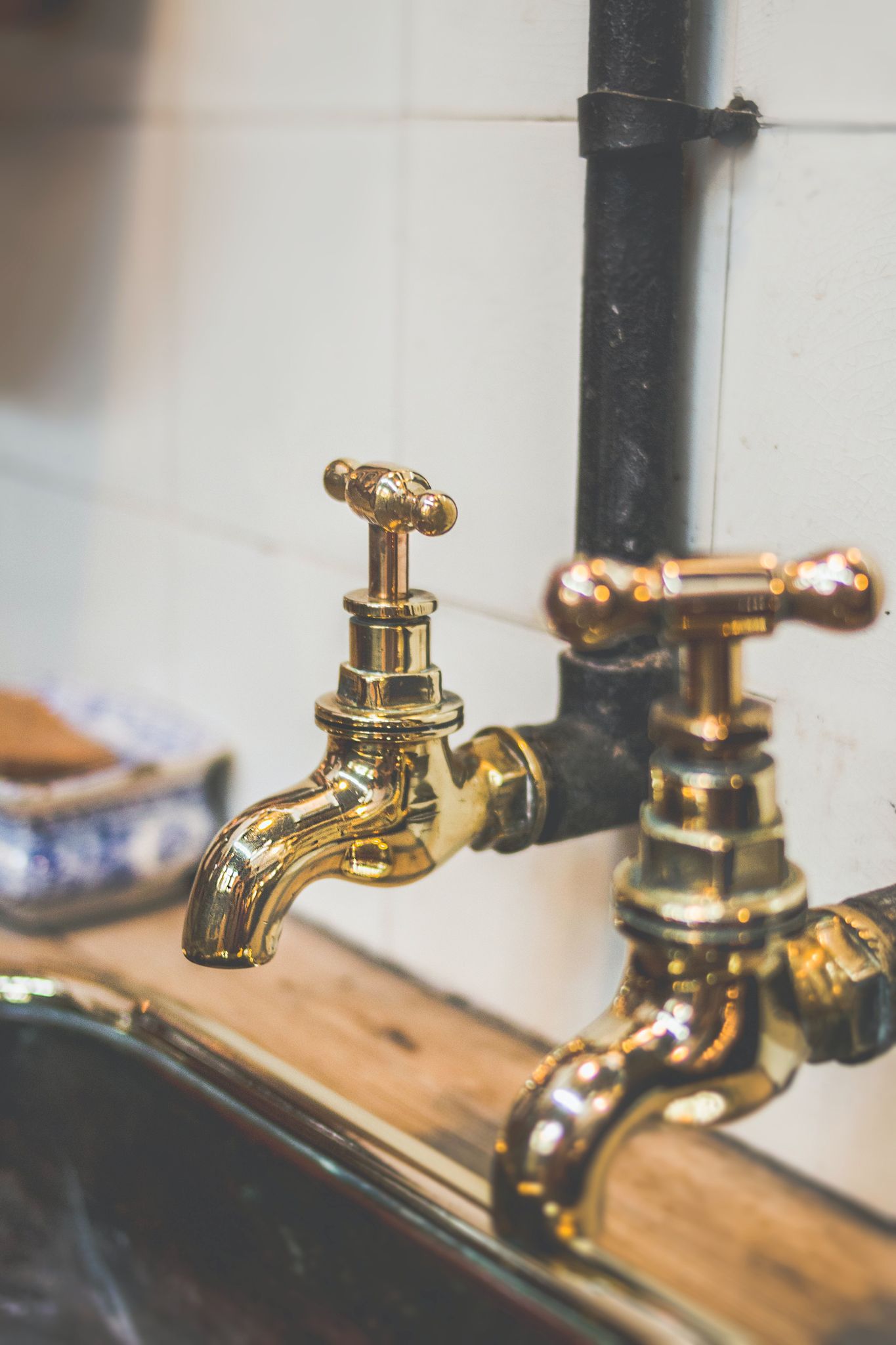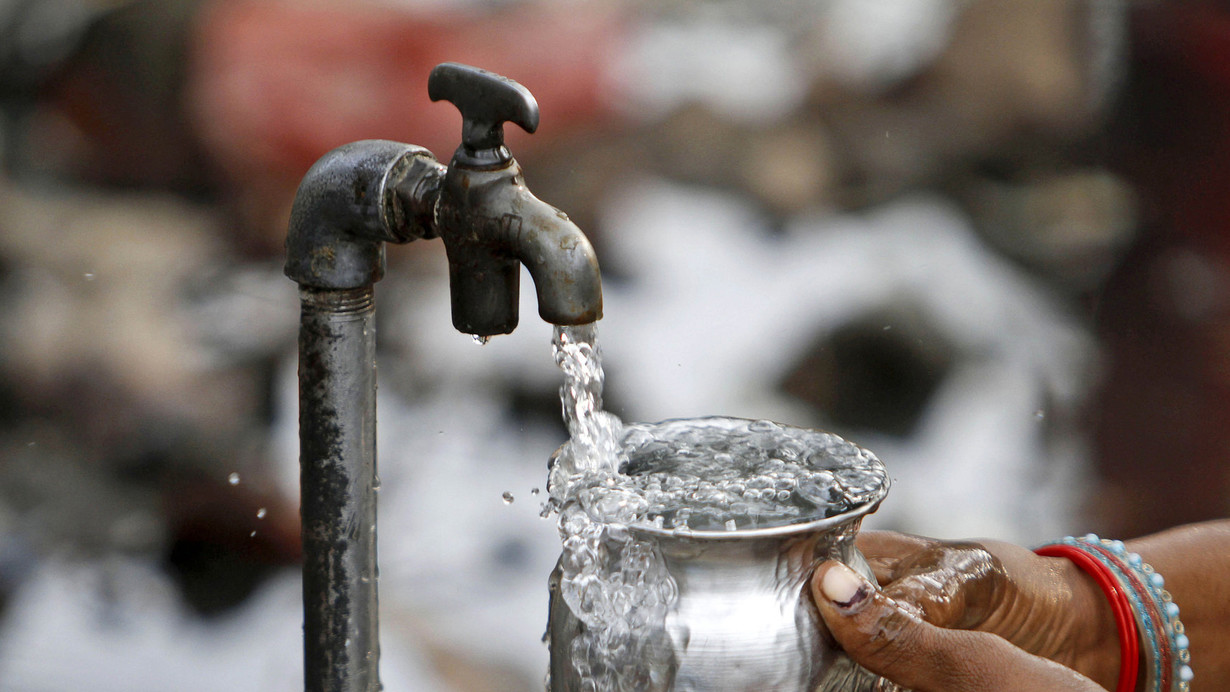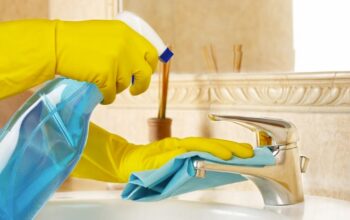Backflow happens when the pressure drops in a pipeline or plumbing system, causing wastewater to get sucked in the wrong direction from its intended direction.
Any water system that is connected to the drinking water system is vulnerable to cross-contamination in the event of a backflow.
Numerous times we hear about water containing contacted chemicals or hazardous compounds mixing in with drinking water, for instance, water from private fire sprinkler systems, pools, boiler systems, and factories.
This is where a backflow preventer valve comes into play.
These contraptions stand as a safeguard against possible backflow and prevent non-potable water from flowing back into the primary water supply.
According to CDC, more than 53 waterborne diseases are related to water contamination.
Backflows tend to redirect contaminated water in homes and residential buildings.
Contaminated water can spread diseases like wildfire due to the interconnection of water systems.
Even if you use an irrigation or sprinkler system, the water containing fertilizers, pesticides, and other chemicals can seep into your potable water system.
Not only does contaminated water taste unpleasant, to say the least, but the health repercussions of consuming polluted water can also be dreadful.
This is why backflow prevention is mandatory in most states.
Cities and municipalities demand the installation of backflow preventers for high and low hazard cross-connections.
By keeping contaminants out of the water supply, people get access to clean and safe drinking water that hasn’t been contaminated with pollution, bacteria, and who knows what else.
Backflow prevention also saves you the hassle of incurring expensive repairs resulting from the damage of pipework and entry of foreign materials.
Surely, you don’t want to go days without access to clean water until the repairs have been made.
How Does a Backflow Preventer Valve Work?
Imagine fertilizers/pesticides, human waste, chlorine from pools/spas, and soap from sinks/dishwashers/showers mixing in with your drinking water! Thankfully, a backflow preventer device can prevent that from happening.
A backflow preventer is a device designed to keep water traveling in one direction: from the water main into the system’s pipes.
However, when changes in water pressure, a surcharge caused by large snowmelt or heavy rains, or cracks in the pipe cause water to flow back into the main water supply, the backflow preventers do not allow water to backflow.
A backflow inverter device prevents water from becoming contaminated by toxins, pollutants, and debris.
However, a backflow prevention device can malfunction due to debris getting stuck in your system, any changes in the city’s water pressure, and water main breaks, which is why backflow valves need to be inspected and tested every year to ensure their proper functioning.
Do You Need a Backflow Preventer?
It is more common to find Backflow preventers in commercial settings, but some homes are also required by their respective municipalities to install one.
This especially holds true when you have a sprinkler system or some other irrigation system for landscaping that cross-connects with the drinking water system.
Not to mention, most commercial buildings use non-potable water for irrigation so it becomes all the more important to have an irrigation backflow system.
Even blockages in your condo own plumbing system due to grease and hair clogs, a failed sump pump, hair, or any other physical obstruction in the pipes can lead to backflow.
Chemicals, metals, and fertilizers could leak into the potable water line without a backflow prevention device.
Backflow can also lead to Heavy metal contamination in restaurants where carbonated water can dissolve the copper in soda dispensers and lead to copper poisoning.
Similarly, more and more commercial buildings these days have fire protection or fire suppression systems containing pressurized water, ready to be used in the event of a fire.
However, this water is stagnant and rife with germs and bacteria. If this water seeps into the city’s drinking water supply, it could cause serious health problems.
Backflows from sewers also expose your drinking water to fecal matter and coliform bacteria, which increase the chance of contracting a severe infection.
Most Common Types of Backflow Preventers
Atmospheric Vacuum Breakers:
These specialized backflow prevention devices are fitted with an inside poppet valve that makes sure water only flows in one direction and never backward.
It is usually placed on a faucet valve, toilet, or flush valve to prevent contaminated sewerage water from entering the potable water supply.
Under normal water pressure, the poppet value stays out of the way and prevents air from entering.
However, as the water pressure drops, the valve closes and the air is allowed into the system to break up any kind of back-siphonage.
Reduced Pressure Zone Backflow Preventers:
For high hazard cross-connections and continuous pressure applications, these types of backflow preventers fit the bill.
This type of backflow prevention device incorporates two independent check valves that are maintained at a lower pressure than the surrounding supply pressure.
As soon as the external water pressure increases, it is relieved through a third relief valve and the pressure returns to normal.




